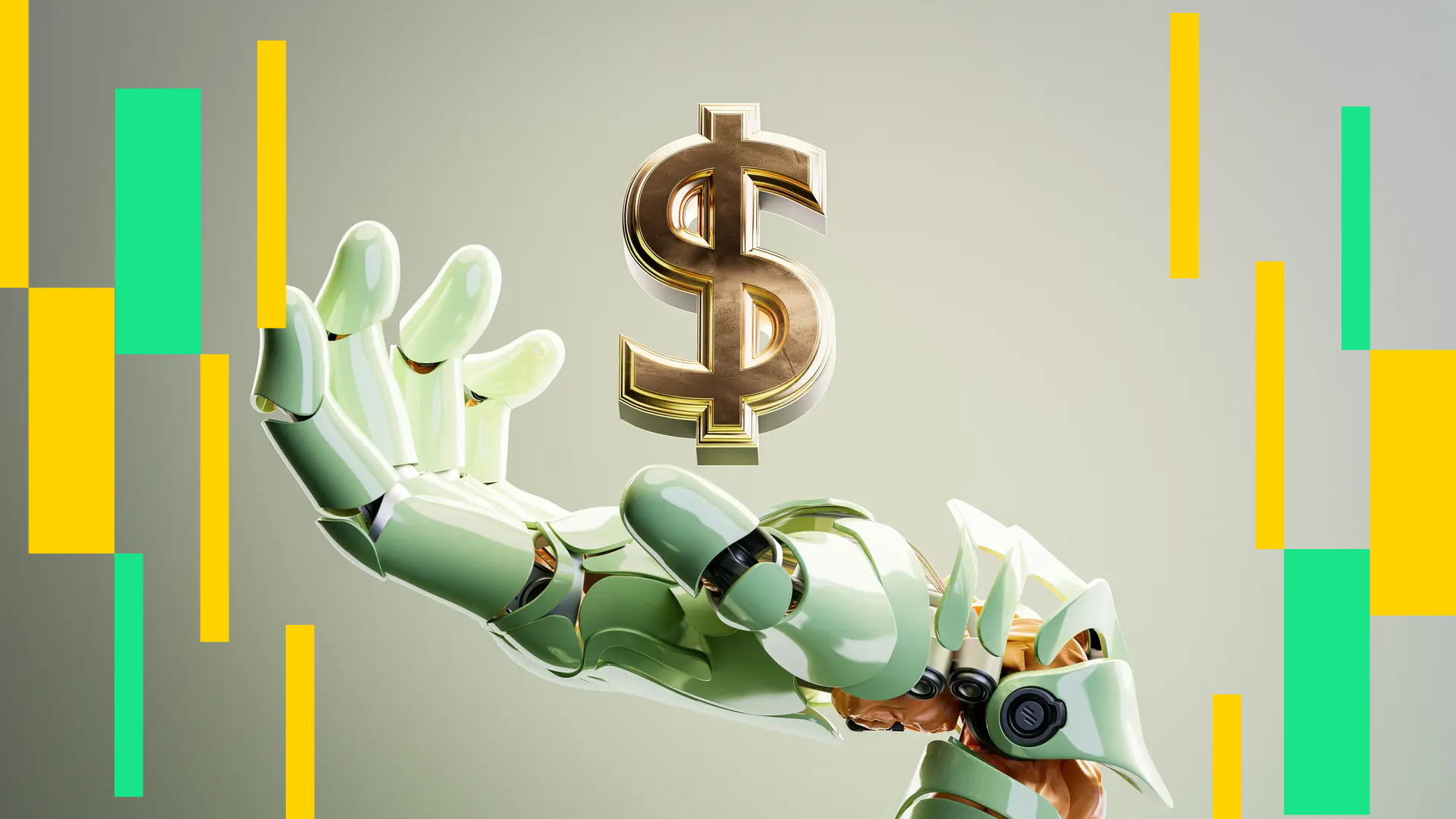
The emergence of artificial intelligence (AI) and robotics is pushing society to confront a looming reality: millions of jobs are likely to disappear. From manufacturing to legal professions, and driving to finance, AI is learning to perform tasks more quickly, affordably, and often more effectively. This isn’t a distant concern—it’s happening now. Therefore, the pressing issue is our response, as the traditional link between earnings and survival is on the verge of collapse.
Various public figures are proposing grand ideas. My personal favorite is Universal Basic Income (UBI), which I have advocated for over a decade. UBI guarantees a monthly payment from the government to everyone, with no conditions, sufficient to meet essential needs. Mark Garman, a professor, has introduced the concept of Universal Basic Capital, which involves distributing income-generating assets to the public. Peter Diamandis has suggested Universal Basic Ownership, entitling everyone to a share in the firms enhancing the AI landscape. OpenAI’s Sam Altman envisions Universal Extreme Wealth, where AI-generated prosperity leads to prosperity for all.
While each of these concepts is valuable and appealing, the prompt delivery of cash through UBI is currently the most effective and immediate way to maintain societal stability amidst the growing influence of artificial intelligence.
UBI is straightforward: a monthly cash payment — no bureaucracy involved. Additionally, I support the possibility of crypto payments and utilizing the blockchain. We must directly involve individuals in the wealth produced by machines. This ensures that nobody is left out due to procedural errors, which is a common issue within welfare systems. Ultimately, it transcends mere survival and touches on personal freedom; with financial security, individuals can invest time in creativity, education, nurturing relationships, or living life outside the relentless grind.
Critics often raise concerns over costs, inflation, or the belief that people might become idle. However, real-world experiments—ranging from Alaska’s oil dividend to various pilot programs globally—reveal a different narrative. Recipients do not become lethargic; they often continue to work, initiate businesses, or invest in education. What changes is a reduction in stress, enhanced health, and a willingness to take productive risks.
Alternatives to UBI
Mark Garman’s Universal Basic Capital is also appealing. It enables citizens to have a stake in a superfund derived from automation-dependent businesses, promoting long-term wealth and inclusive participation in market advancements. However, markets fluctuate, dividends can cease, and the associated complexities, such as establishing accounts and teaching financial management, complicate matters that UBI simplifies.
Peter Diamandis’s concept of Universal Basic Ownership is exciting as well. It envisions a scenario where everyone directly owns a part of the industries propelled by AI innovations. This aligns public interests with technological advancement, potentially transforming the populace into shareholders. Convincing existing companies to part with significant equity is a formidable challenge, and, in any case, ownership does not guarantee immediate income.
Sam Altman’s Universal Extreme Wealth is the most ambitious vision—a scenario so affluent that life resembles that of contemporary millionaires. As AI drives expenses down to almost zero, money’s significance diminishes. While it’s an inspiring notion, it remains distant. We cannot rely on a utopian future arriving precisely when required—although I champion the long-term aspiration.
The common thread connecting these proposals is moral: as AI generates unprecedented wealth, it must not accumulate solely in corporate coffers. Wealth redistribution is essential to prevent societal unrest from mounting unemployment.
First, UBI addresses liquidity needs. Those displaced by automation depend more on current cash than investments. Second, it offers simplicity, allowing immediate cash transfers to individuals without needing to establish extensive new frameworks. Third, it empowers individual autonomy, letting people choose how to allocate their funds—whether to pay off debt, pursue education, support family, or launch entrepreneurial efforts.
UBI’s strength lies in its flexibility, permitting additional models to be explored later. We can initiate cash security, then gradually integrate investment vehicles, collective ownership frameworks, cryptocurrency initiatives, or novel distribution methods. It provides a safety net enabling all other projects to flourish.
I support the concepts of universal ownership or extreme wealth aspiration. While I await such a reality, UBI can ensure that no individual is overlooked as we navigate this transitional period. It ensures economic stability and creates space to develop future opportunities. This is not a plea for “free money” in a derogatory sense; it’s an acknowledgment that in an era where machines can produce almost everything, our sense of self-worth must not hinge on paid employment. Direct cash distribution offers the quickest, most straightforward, and fairest method to ensure equitable access to AI-generated benefits, extending beyond the select few who control the machines.
If executed successfully, ensuring the AI revolution benefits all could make the prosperous future envisioned by Sam Altman a tangible reality.


